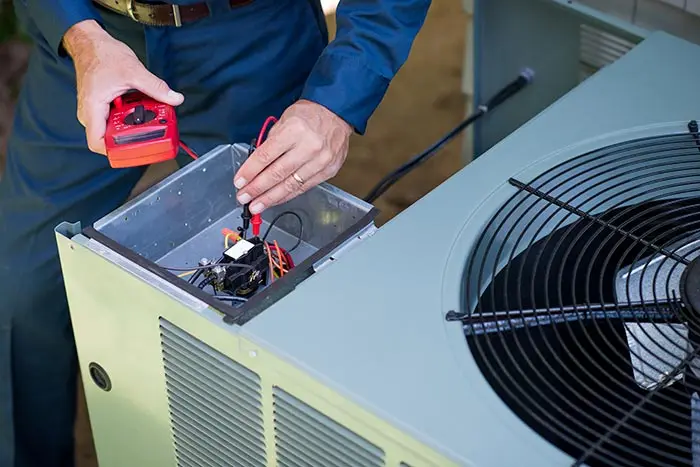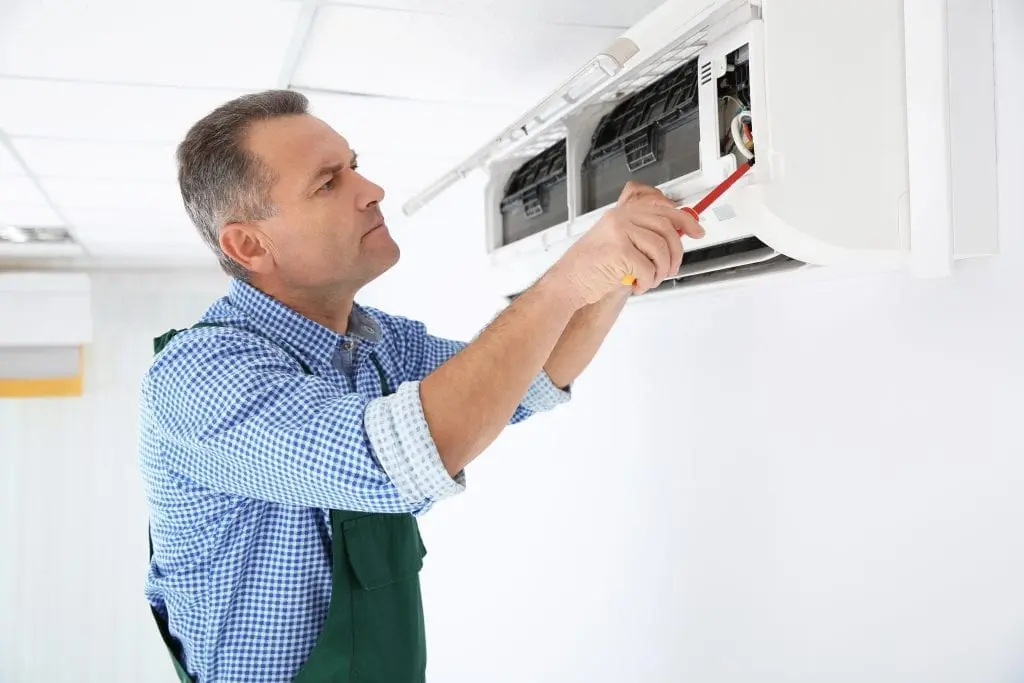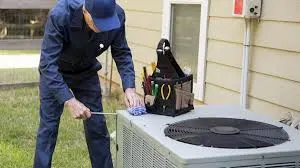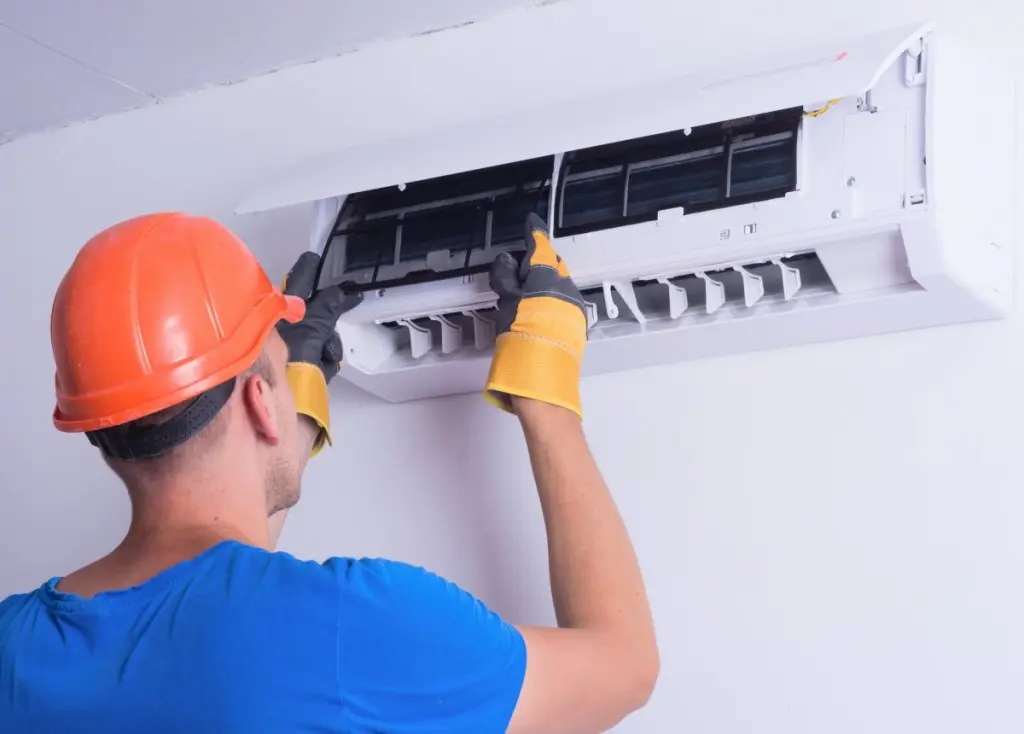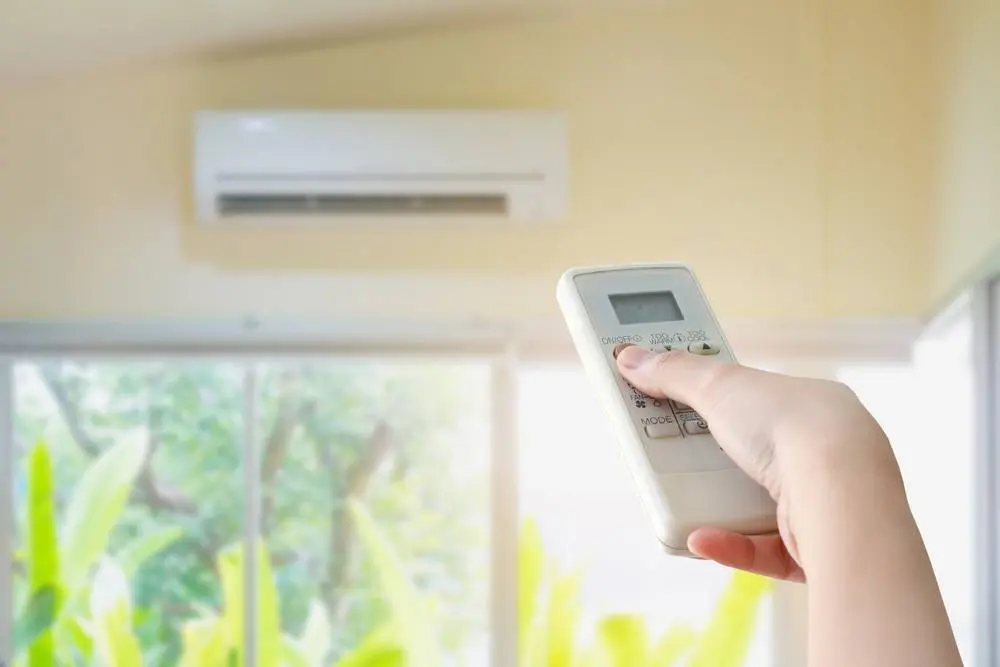
When it comes to keeping your home cool during the hot summer months, traditional air conditioning units can be a significant drain on both your wallet and the environment. However, investing in energy-efficient air conditioners can help you save money on utility bills while reducing your carbon footprint. Understanding how these systems work and the benefits they offer can make a big difference in your decision-making process.
What Makes an Air Conditioner Energy-Efficient?
Energy-efficient air conditioners are designed to use less electricity while providing the same level of cooling as their less efficient counterparts. They often include advanced technologies such as variable-speed compressors, smart thermostats, and improved insulation. These features work together to minimize energy consumption, leading to significant savings on energy bills.
Key Features of Energy-Efficient Air Conditioners
- SEER Ratings: The Seasonal Energy Efficiency Ratio (SEER) measures the efficiency of air conditioners. A higher SEER rating indicates a more efficient unit. Look for models with a SEER rating of 16 or higher for optimal energy savings.
- Inverter Technology: Inverter air conditioners adjust the compressor speed according to the cooling demand, leading to lower energy usage compared to traditional systems.
- Smart Thermostats: These devices can learn your cooling preferences and adjust settings automatically, ensuring that energy is not wasted when you are not home.
- Eco-Friendly Refrigerants: Modern units often use refrigerants that have a lower environmental impact than older models, contributing to a greener planet.
Cost Savings Over Time
While the upfront cost of an energy-efficient air conditioner may be higher than a standard unit, the long-term savings can be substantial. Here’s a simple chart to illustrate potential savings based on SEER ratings:
| SEER Rating | Annual Energy Cost | Estimated Savings Over 10 Years |
|---|---|---|
| 13 | $1,200 | $0 |
| 16 | $900 | $3,000 |
| 20 | $700 | $5,000 |
As shown in the chart, with a higher SEER rating, you can save a significant amount on your energy costs over a decade. Choosing an air conditioner with a higher efficiency rating not only benefits your wallet but also the environment.
Environmental Benefits
In addition to saving money, energy-efficient air conditioners play a crucial role in reducing overall energy consumption. By using less electricity, these systems decrease the demand on power plants, which often rely on fossil fuels. This reduction leads to lower greenhouse gas emissions, contributing to a healthier planet. Furthermore, many energy-efficient models use refrigerants with a lower global warming potential, making them a more sustainable option.
Government Rebates and Incentives
Many governments offer rebates and incentives for homeowners who choose to upgrade to energy-efficient HVAC systems. These programs can significantly offset the initial investment cost. Check with your local utility company or government agency to find out what incentives are available in your area. By taking advantage of these programs, you can further enhance your savings while contributing to energy conservation efforts.
Choosing the Right Energy-Efficient Air Conditioner
When selecting an energy-efficient air conditioner, consider the following factors:
- Size: Ensure that the unit is appropriately sized for your home. An oversized unit can lead to increased energy consumption, while an undersized unit may struggle to cool your space effectively.
- Installation: Proper installation is crucial for maximizing efficiency. Hire a qualified professional to ensure that your system is set up correctly.
- Maintenance: Regular maintenance is essential to keep your air conditioner running efficiently. Change filters regularly, and schedule annual check-ups to maintain optimal performance.
Conclusion
Investing in an energy-efficient air conditioner is a smart choice for homeowners looking to save money and reduce their environmental impact. With advanced technology, significant cost savings, and potential government incentives, switching to a more efficient model is a win-win situation. By making an informed choice, you can enjoy a comfortable home while contributing to a sustainable future.

